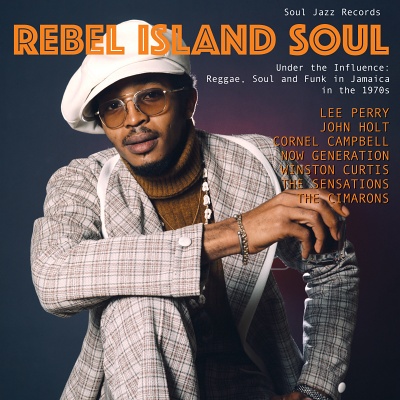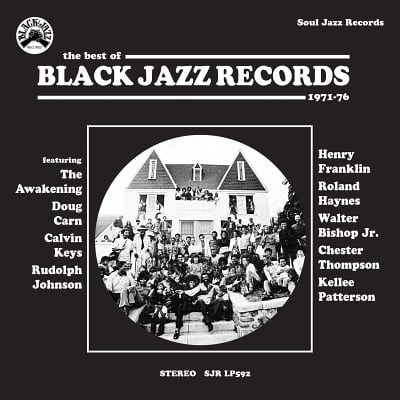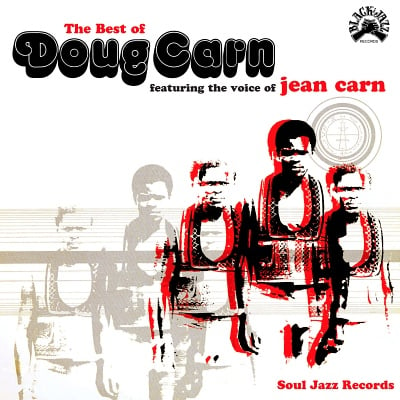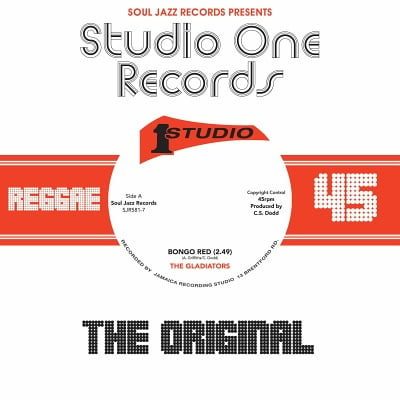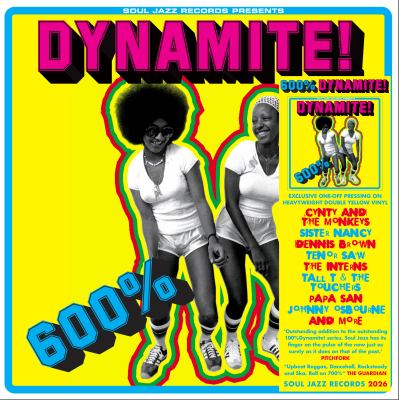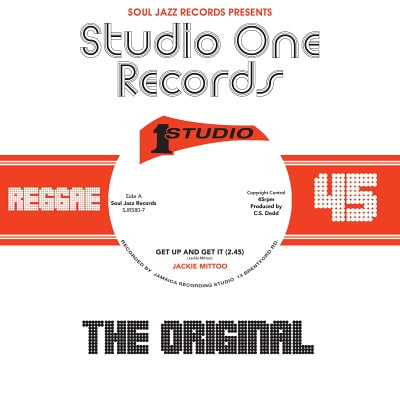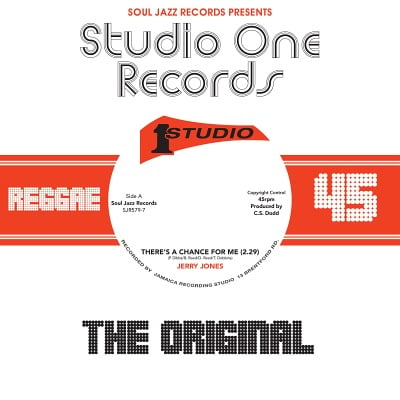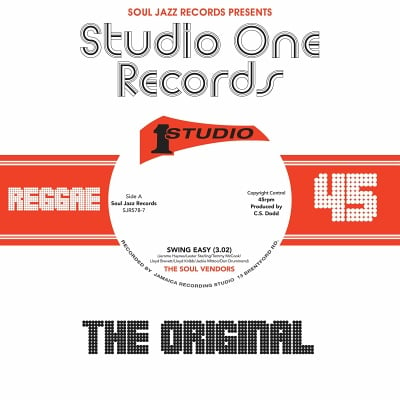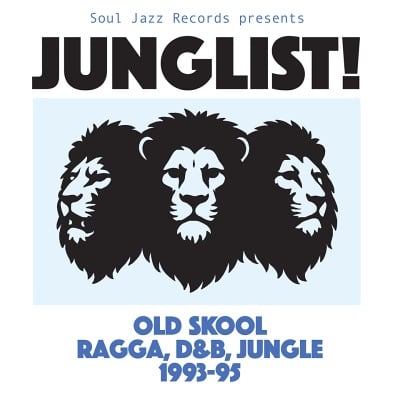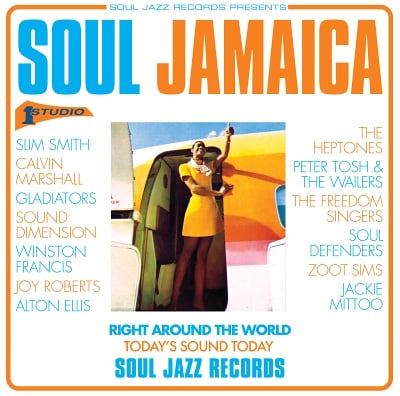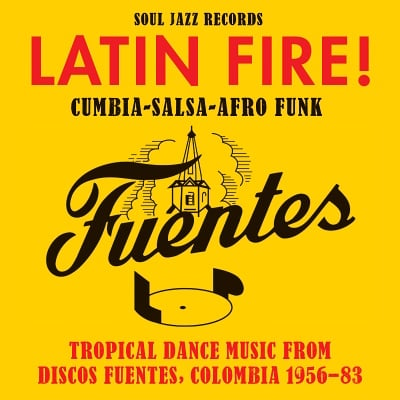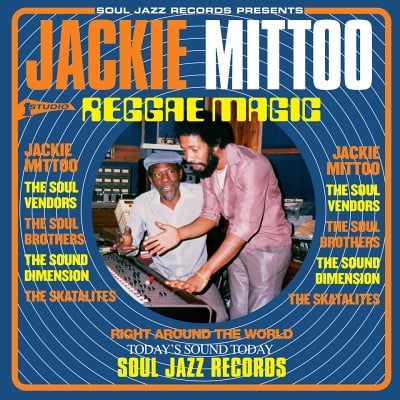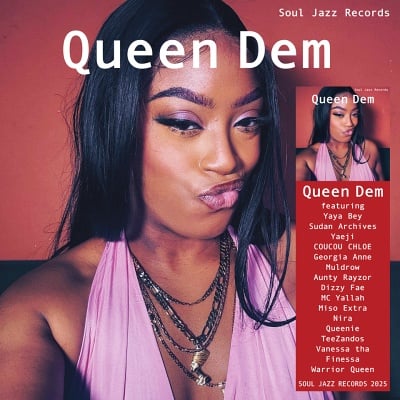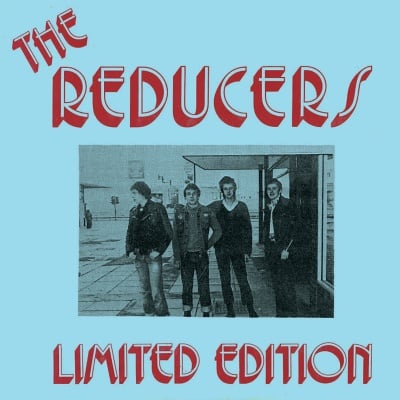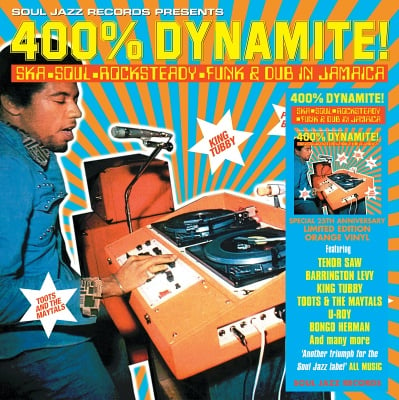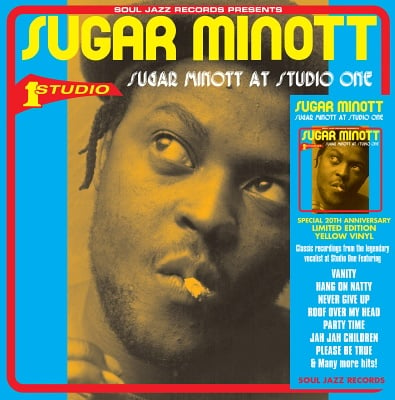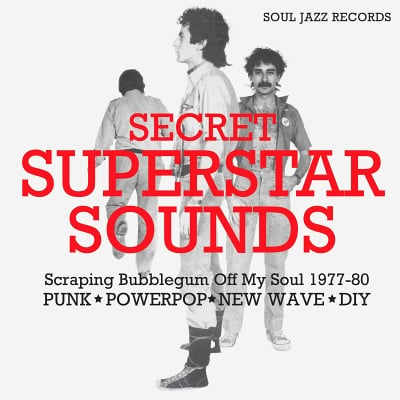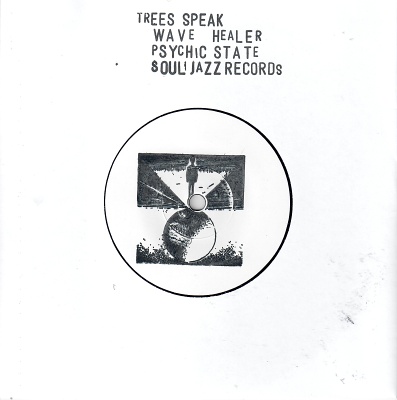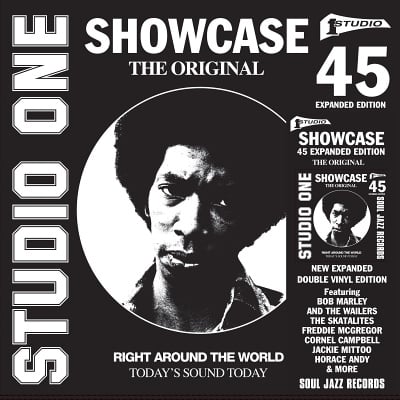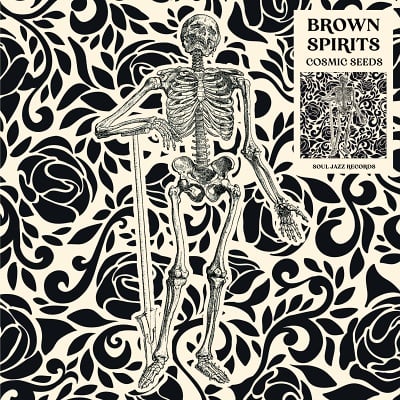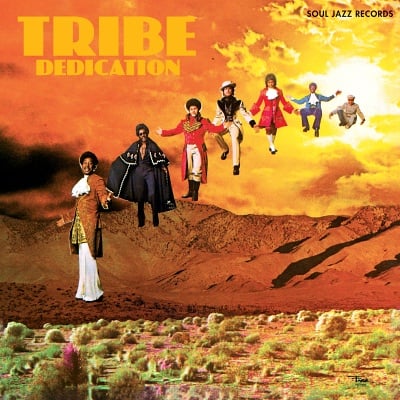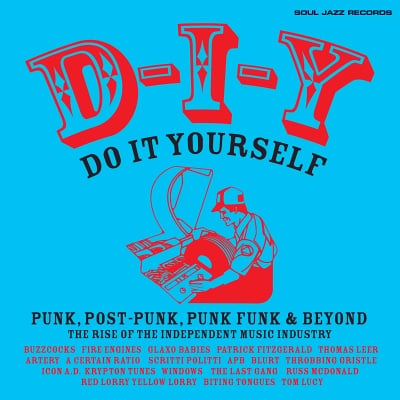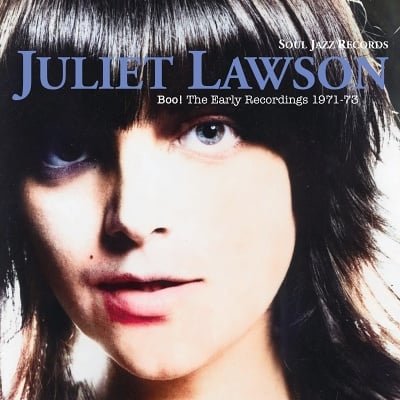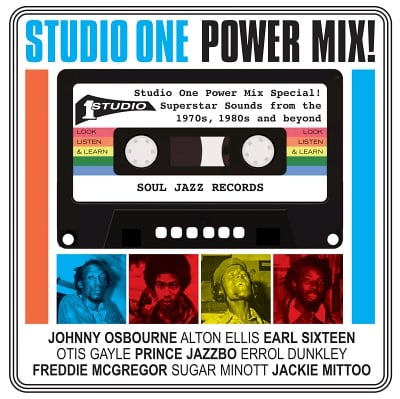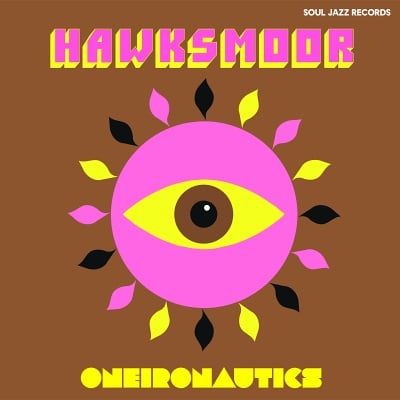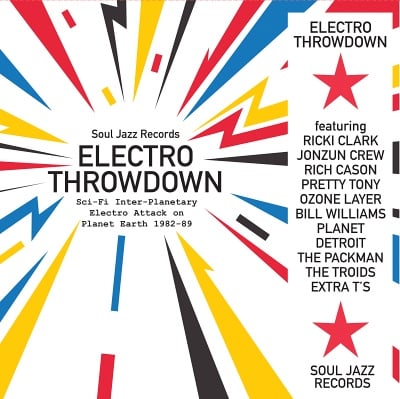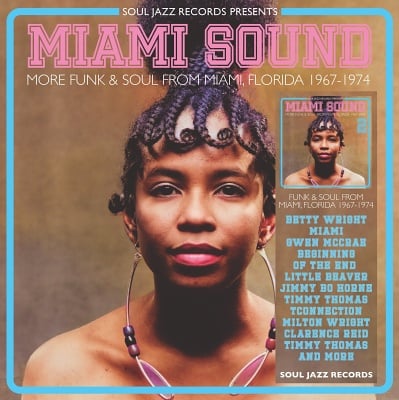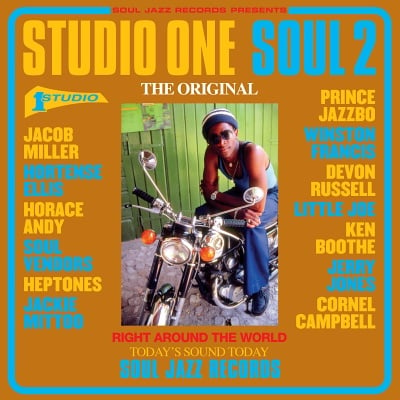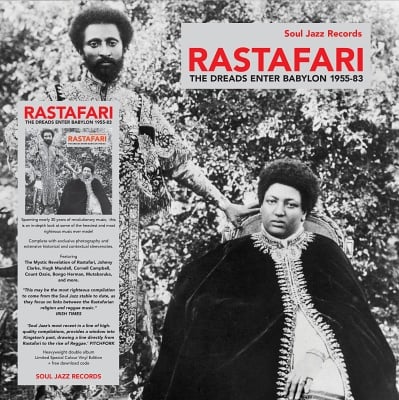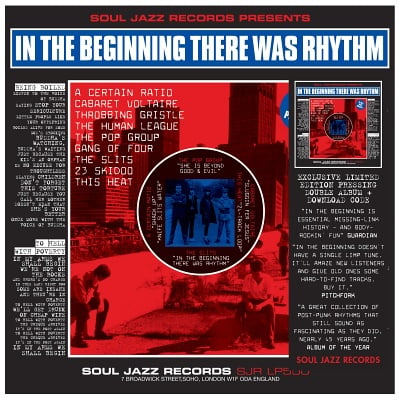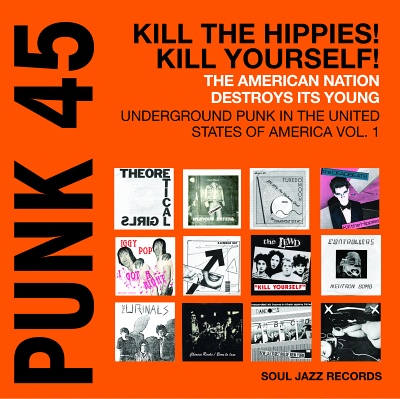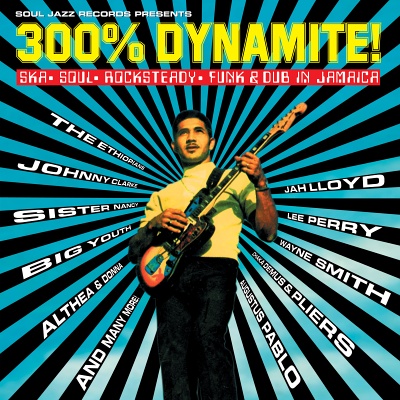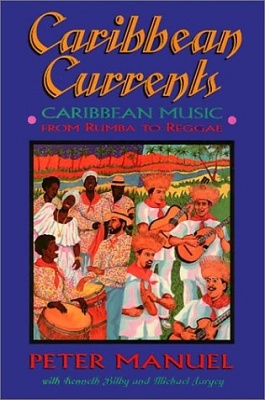Governing Spirits Religion, Miracles, and Spectacles in Cuba and Puerto Rico, 1898-1956
University of North Carolina Press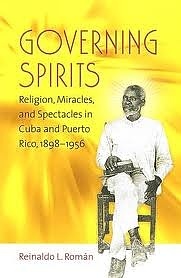
- Book (500g) 9780807858363£19.99 £4.99Out of stock Notify me when in stock
Freedom of religion did not come easily to Cuba or Puerto Rico. Only after the arrival of American troops during the Spanish-American War were non-Catholics permitted to practice their religions openly and to proselytize. When government efforts to ensure freedom of worship began, reformers on both islands rejoiced, believing that an era of regeneration and modernization was upon them, but as new laws came into effect, critics voiced their dismay at the rise of popular religions. Reinaldo L. Roman explores the changing relationship between regulators and practitioners in neocolonial Cuba and Puerto Rico. Spiritism, Santeria, and other African-derived traditions were typically characterized in sensational fashion by the popular press as "a plague of superstition." Examining seven episodes between 1898 and the Cuban Revolution when the public demanded official actions against "misbelief," Roman finds that when outbreaks of superstition were debated, matters of citizenship were usually at stake. He links the circulation of spectacular charges of witchcraft and miracle-making to anxieties surrounding newly expanded citizenries that included people of African descent.
